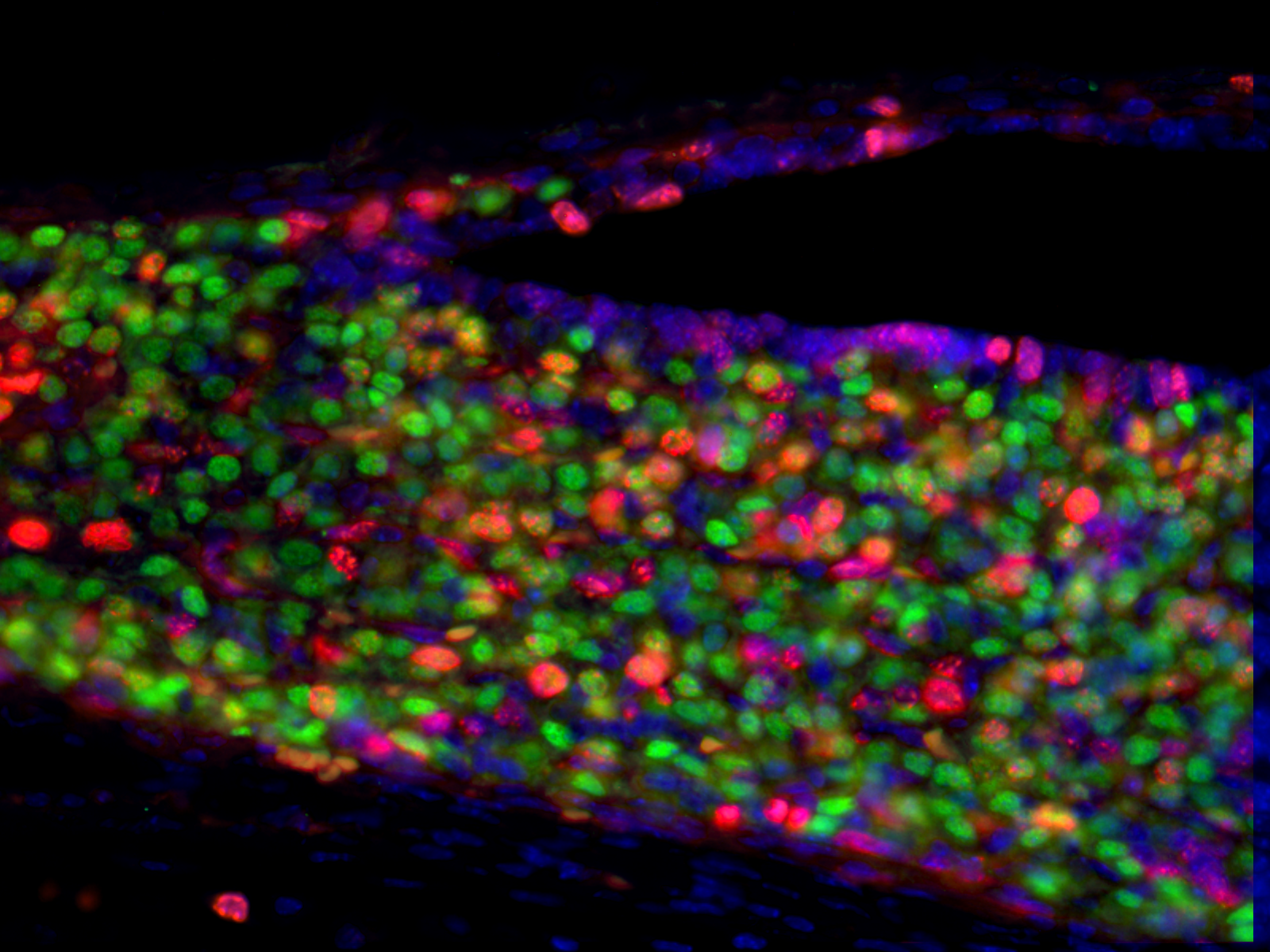Grad student guide Degree requirements Courses Mentoring guidelines Grad student resources
Due to the breadth of modern physiological research, the Molecular & Integrative Physiology PhD Program of Study uses an approach to curriculum requirements that is as flexible as possible.
Overview of program
Courses
Students enter MIP after completing core courses and laboratory rotations in Molecular and Cellular Biology. Our program provides a solid background in molecular, cellular, comparative, and integrative physiology through 2 core courses in Cellular Physiology (MCB 401) and Systems and Integrative Physiology (MCB 402). The students, in consultation with a faculty advisory committee, choose additional courses in chemistry, mathematics, biochemistry, immunology, molecular biology, and other areas of biology to complete at least 6 additional credits. Students are also trained in the responsible conduct of research (MCB 580).
Research & weekly seminars
Students are encouraged to begin research as soon as possible. Courses and lab research are supplemented by a weekly seminar series.
Qualifying & preliminary exams
A pass-fail qualifying examination is usually taken toward the end of the second year. After the student has formulated a definite research problem, they take a preliminary examination in which the student presents the thesis topic and preliminary research to a faculty committee.
Thesis
Finally, a thesis, which is based on original work, and which demonstrates a thorough knowledge of theory and techniques in one of the areas of physiology, must be defended at the final examination.
Interdisciplinary Programs
The Department of Molecular & Integrative Physiology is one of four departments within the School of Molecular & Cellular Biology. Because of the diverse nature of the research conducted in MIP, our faculty participate in a variety of interdisciplinary programs, such as Biophysics and Quantitative Biology and the Neuroscience PhD Program.
At the departmental and school level there are numerous pre-doctoral and post-doctoral training programs from federal agencies such as the National Institutes of Health and National Science Foundation and organizations such as the American Heart Association which can provide funding for students. Current MIP students participate in, for example, the Toxicology and Environmental Health Program and the Miniature Brain Machinery Program.
We also maintain close ties with departments in the School of Integrative Biology, School of Chemical Sciences, Carle Illinois College of Medicine, Grainger College of Engineering, and College of Veterinary Medicine. Many MIP faculty are also members of institutes like the Beckman Institute of Advanced Science and Technology and Cancer Center at Illinois.
Director of Graduate Studies for MIP
Catherine Christian-Hinman, Associate Professor of Molecular & Integrative Physiology; Director of Graduate Studies, MIP
cathchri@illinois.edu
